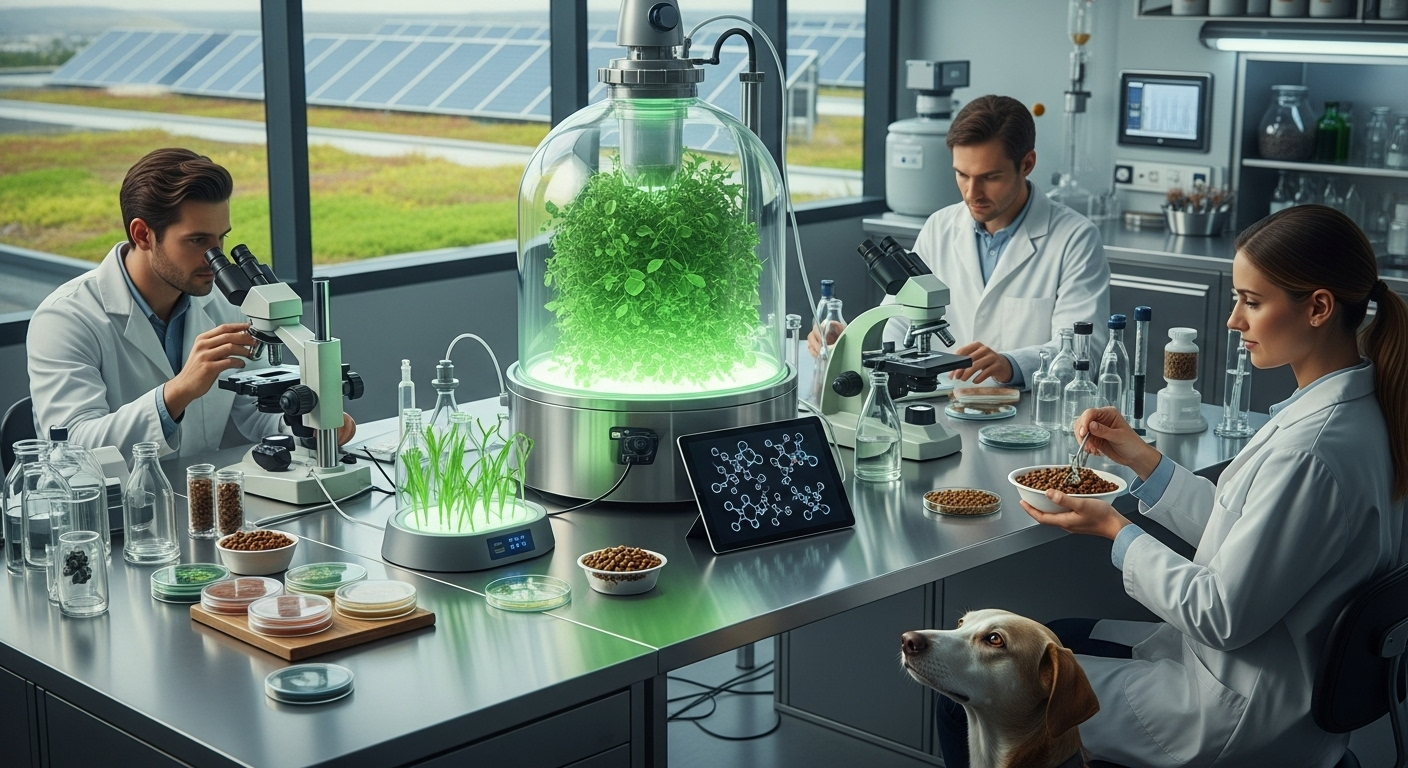Understanding Agriculture Degrees and Career Paths
Agriculture degrees provide foundational knowledge and practical skills for working with plants, animals, land, and the systems that support food and fiber production. Programs range from hands-on technical certificates to research-focused doctorates, and they combine biology, economics, engineering, and environmental science. Students learn about crop production, soil management, farm systems, and data-driven tools that shape modern agriculture while preparing for roles in production, research, policy, and agribusiness.

What is an agriculture degree?
An agriculture degree is an academic credential that focuses on the science and practice of producing food, fiber, and related goods. Degree levels include certificates, associate degrees, bachelor’s degrees, master’s degrees, and doctorates. Coursework often covers plant and animal biology, farm management, agricultural engineering, and extension education. Programs emphasize both theory and applied skills—students typically take lab courses, fieldwork, and internships to connect classroom learning with on-farm or industry practice. Employers value practical experience alongside academic training.
How do farming programs differ?
Farming-focused programs vary by emphasis: some prioritize production agriculture and on-farm management, while others focus on sustainable practices, horticulture, or specialty crop systems. Technical and associate programs often teach machinery operation, basic soil testing, and everyday farm tasks. Bachelor’s and graduate programs add economics, policy, research methods, and systems analysis. Many institutions offer applied learning through campus farms, cooperative extension partnerships, or industry internships that expose students to supply chains, regulatory issues, and business planning in modern farming environments.
What does education in agriculture cover?
Education in agriculture blends natural sciences, social sciences, and applied technology. Core subjects commonly include plant science, animal science, soil science, pest management, agricultural economics, and agribusiness principles. Emerging areas often integrated into curricula are precision agriculture, data analytics, remote sensing, and sustainability metrics. Courses emphasize problem solving—designing cropping systems, improving productivity, and assessing environmental impacts. Communication and leadership training are also typical, preparing graduates to work with producers, communities, and stakeholders in agricultural education, extension services, and policy roles.
How are crops studied in degree programs?
Crop studies examine growth processes, genetics, pest and disease interactions, and management techniques that influence yield and quality. Students learn about crop physiology, breeding basics, nutrient management, integrated pest management, and postharvest handling. Field trials, greenhouse labs, and research projects allow experimentation with varieties, planting strategies, and inputs. Many programs cover agronomic decision-making—interpreting data on climate, soil, and market conditions to optimize crop selection and management. This combination of theory and fieldwork supports careers in crop science, seed development, and crop consulting.
Why is soil science important in degrees?
Soil science is a core discipline because soil properties directly affect water retention, nutrient availability, and overall crop productivity. Degree programs teach soil chemistry, physics, biology, and conservation practices that reduce erosion and improve long-term fertility. Students learn testing methods, interpretation of soil data, and techniques such as cover cropping, no-till systems, and amendment strategies that enhance soil health. Knowledge of soil systems is essential for sustainable crop production, environmental protection, and climate resilience—roles that soil specialists, agronomists, and conservation planners commonly fill.
Agriculture degrees open pathways into diverse careers—production management, research, extension, agribusiness, environmental consulting, and policy. Programs vary in focus and depth, so prospective students should compare curricula, hands-on opportunities, and partnerships with local services or industry. Practical experience, such as internships, on-farm training, or undergraduate research, often strengthens employability. As agriculture increasingly uses data and technology, graduates who combine foundational science with applied skills and communication abilities are positioned to address production, sustainability, and supply-chain challenges in the sector.






